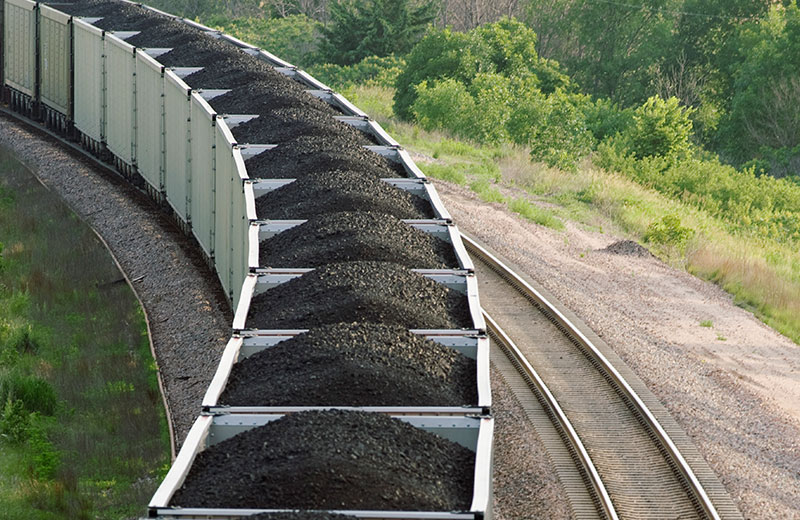[vc_row][vc_column][vc_column_text]
Just as the nation is set to embrace the revolutionary Goods and Services Tax (GST) and start giving the finishing touches as the countdown begins, government’s own arm, the Railways, sees significant erosion of its freight business with the coming of the GST regime, as stated in an internal meeting document.
“Freight loading was not showing much promise and the likely implementation of GST with effect from April 2017 accompanied by the removal of Octroi duties/check posts, may further adversely impact the railway’s share of freight business,” minutes of the quarterly meeting of the Railways for deciding on procurement has mentioned.
Confirming the development, a senior official of the ministry said presentations before the finance ministry and GST Council have been made to treat GST rate on Railways freight favourably.
“There is an apprehension of Railways freight traffic coming down due to the GST regime. The most important factor is what would be the GST rate on rail transport and how it compares with road transportation. We are looking at it very keenly. Being environment-friendly transportation mode, we believe the finance ministry and the GST Council will look at it in a favourable way. We have taken up the issue,” a director of railway ministry told.
There is now fear of freight movement shifting more towards road transport.
“This is because of expectation of higher turnaround of trucks on road because of less stoppage at check points. There could also be a consolidation of warehousing leading to higher parcel sizes being moved on road more than what was being done earlier. All these may adversely impact movement of goods through rail,” the official said.
“The comprehensive GST is intended to bring within its fold rail transport services also. The rail transportation sector is entirely under the Ministry of Railways which is not required to file a tax return,” the report on the Revenue Neutral Rate and Structure of Rates for the GST of finance ministry mentions.
The fear of the Railways being short-changed in the GST regime comes at a time when the government has been targeting to raise Railways’ share in transport to 45% by 2030 from about 33% now.
This is expected to come from the development of freight corridors, building 7 kilometre of tracks a day against average of about 4.3 km/ day in the past six years.
The coming of GST coupled with continued slackness in demand for goods movement has raised the spectre of manufacturing units of Railways suffering significant idle capacity, forcing it to explore export opportunities in a difficult global environment.
[/vc_column_text][/vc_column][/vc_row]




